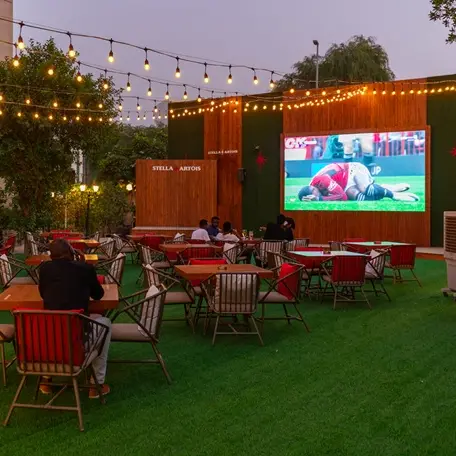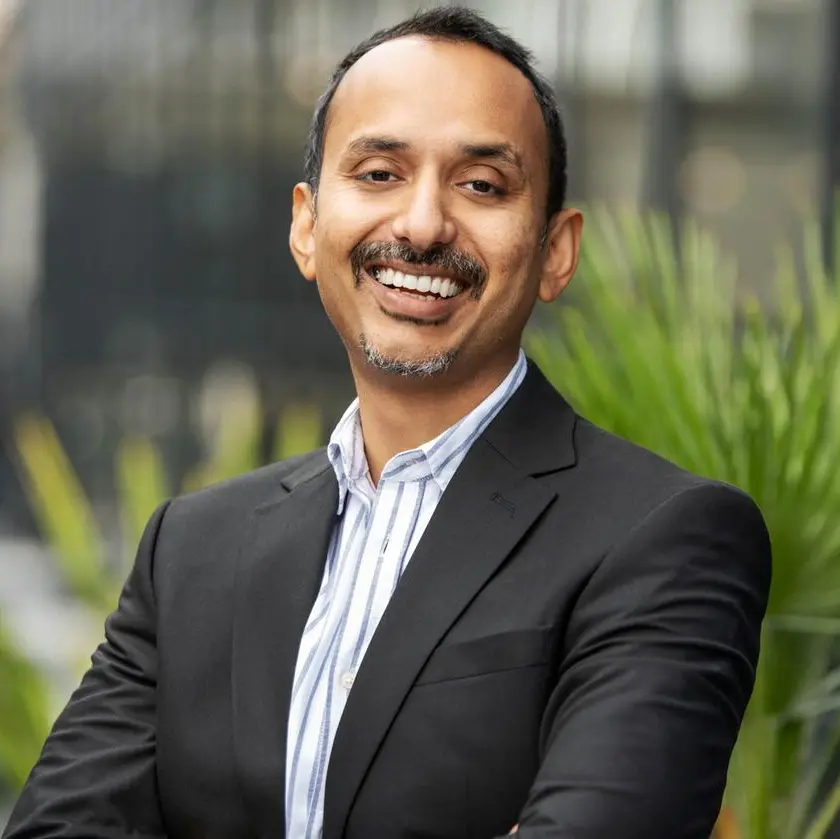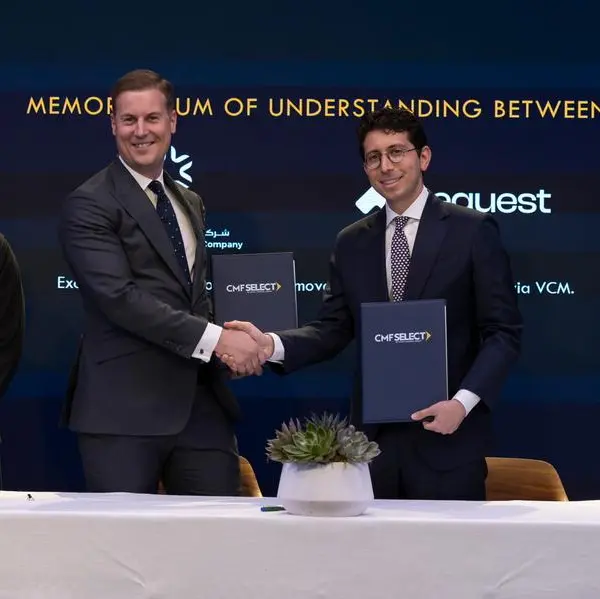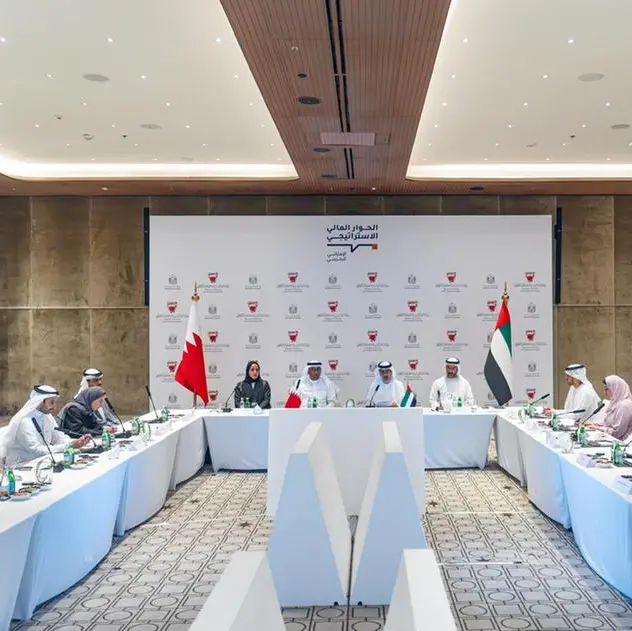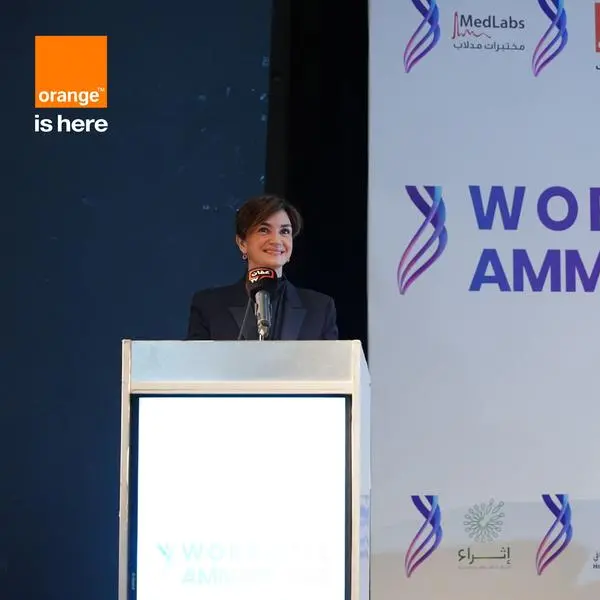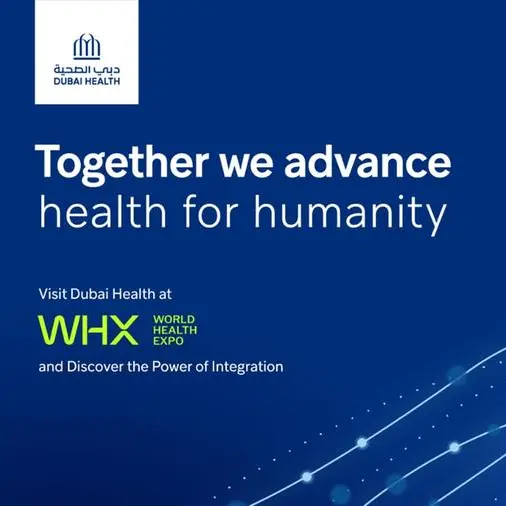The second Women’s Economic Empowerment Global Summit (WEEGS 2019) concluded on a positive note on December 11 (Wednesday) after two days of panel discussions and workshops, with participants pledging to continue the ongoing global dialogue on effective promotion of women’s economic inclusion across market sectors, boosting social justice and pushing for an environment that fully supports gender equity.
Continuing WEEGS’ tradition of leading result-oriented discussions to boost women's career prospects and shape truly inclusive work ecosystems for them, the concluding discussions focused on one of the pillars chosen for this edition, under the title ‘The Transformative Power of the Women’s Empowerment Principles (WEPs)’.
Moderated by Ann Faith, Senior Programme Manager and Head of Women’s Empowerment Principles Secretariat, the session had Hend Kassab, Quality and Corporate Affairs Director, Daltex Corporation; Helen McGuire, Managing Director, Hopscotch; and Rima Assi, Senior Partner, McKinsey and Company, discussing the strides their respective companies had made in women’s empowerment after signing up to implement the WEPS within their organisations.
At the outset, Rima Assi outlined the high variation in the levels of discrimination against women working in the professional and technical sectors in different countries in the region. “There is also room for improvement in political representation for women across all countries in the Middle East,” she said. “Despite recent efforts to improve it, the region falls short of global averages.”
30 million jobs for women
In terms of financial inclusion, women’s access to bank accounts, credit and mobile banking is still limited. “When women enter an employment, they feel isolated, and so do men. But as they rise in their careers, the quality of their experience at work improves. However, women face microaggressions at every stage of their careers,” she said. “But, in general, I feel positive as there are new opportunities arising for women in the region. There will be 30 million jobs available for them due to automation in all sectors.”
Outlining how Daltex Corporation came to sign the WEPs, Hend Kassab said: “All through the first 10 years I worked at Daltex, we had always focused on Corporate Social Responsibility (CSR) and sustainability in a low-key manner. The management wanted to scale up on our efforts in this area, so we put more effort and worked out a proper policy for the same. It has now become a belief within the organisation. Though we officially signed WEPs two years ago, we had already been practising the values these principles represent.”
Helen McGuire’s involvement in implementing WEPs came about through personal experience when she had to quit her job in an advertising firm after she became pregnant with her first child. “I realised first hand why women fall off the career ladder due to pregnancy and motherhood. I started my company to help such women find flexible jobs, and organised community outreach efforts and career clinics. Since we were focused on empowerment, we decided to sign the WEPs,” she said.
Leading the change
Companies that commit to WEPs may have to lead in the areas they want to change, said Hend Kassab. “In 2004, we noticed that women labourers who worked for our contractors in our agriculture business were paid much less men, and wanted to change this. So, we insisted that our contractor pay women equal wages and made sure it was not just on paper but was implemented. Since then, the situation has changed in the agri business in regions where we operate in Egypt – because we implemented this policy, other players had to follow our lead.”
Challenges
The challenges to women’s empowerment was mainly cultural, all the participants agreed. “Companies have to ensure that women not only get equal pay, but also equal treatment in all spheres,” said Hend Kassab. “It is not that they are badly treated as much as neglected due to cultural reasons. We found that women workers were being transported in trucks and insisted on using buses to ensure their safety.
Girls in their teen, who should have been in school, were made to drop out and work, again due to cultural reasons. We had to counsel the elders in the community to allow them to go to school for better prospects, which would also benefit them financially. We also give the girl workers time off to pursue their studies along with their job, when necessary.”
The cultural aspect was key to overcome barriers to women’s empowerment, said Helen McGuire. “We interact with small and big companies, including start-ups, and from a survey across Asia and Middle East, we found that women want flexibility at work, and so do men. Such flexibility at work should apply to men too. The belief in implementing such policies should begin at the top, but it should also be instilled in the lower echelons, otherwise it would never succeed,” she said.
In conclusion, Rima Assi opined that the private sector in the UAE had to catch up with the public sector in implementing the WEPs. Helen McGuire wanted the public and private sector organisations implementing the WEPs to share data and experience around this to allow formulation of better policies. Hend Kassab wanted UN Women to take the lead in providing organisations a better understanding of the WEPs for more widespread implementation.
Closing ceremony
WEEGS 2019 concluded with speeches by Her Excellency Reem BinKaram, Director of NAMA Women Advancement (NAMA), and Her Excellency Ambassador Dr. Haifa Abu Ghazala, Assistant Secretary-General and Head of Social Affairs at the Arab League.
Reem BinKaram said: “We have reached the conclusion of the WEEGS, but your ideas and opinions have given us new impetus for more work. Change is a constant in life and is necessary in order to empower the millions of women, at home and work. Experience has taught us that equal opportunities lead to sustainable development. Parity stimulates creativity and innovation, and leads to achievements that advances societies.”
She added: “Over the past two days, our conviction that there is a greater power pushing the economic empowerment of women has grown stronger. That power is you and everyone else, including the institutions that work to bring about a real change in area of women’s empowerment around the world. We must ask ourselves, with more than a billion women facing discrimination in the job market, can the goals and aspirations of the people be truly achieved? Can we fight poverty and unemployment, expand the global economy and ensure the unity and well-being of societies without giving women equal opportunities? The answer is a resounding no.”
“The change that we are making today is not just for us. It is also for our future generations that will one day ask us what we have achieved in ensuring economic justice for all. In this effort, we have to thank His Highness Sheikh Dr. Sultan bin Muhammad Al Qasimi, Member of the Supreme Council and Ruler of Sharjah, and his wife, Her Highness Sheikha Jawaher bint Mohammed Al Qasimi, President of Nama Foundation for the Advancement of Women, for their unstinting support,” BinKaram concluded.
In her closing address, Her Excellency Ambassador Dr. Haifa Abu Ghazala, Assistant Secretary-General and Head of Social Affairs at the Arab League, said: “As we approach 2020, experts expect that it will be difficult in the coming years to achieve social justice, as inequality between human beings will increase globally and so will the gap between equal opportunities for men and women at the workplace. This will remain one of the biggest challenges to sustainable development.”
She added: “However, pioneering initiatives such as those provided by NAMA are a shining example of what can be achieved in increasing women's leadership and participation in economic activity, leading to sustainable development. There is no doubt that WEEGS will, through its outputs and proposals, provide us with the compass to navigate to the next stage of empowering women.”
The ceremony concluded with the partners and sponsors being honoured with mementos and certificates.
The second edition of WEEGS was organised by NAMA in collaboration with UN Women, under the patronage of HH Sheikh Dr. Sultan Al Qasimi, and his wife, HH Sheikha Jawaher Al Qasimi.
The summit reaffirms NAMA’s dedication to bringing together business and opinion leaders and decision makers from public, private and non-profit sectors on one global platform in Sharjah to lead vibrant and action-oriented discussions focused on developing current strategies and exploring potential opportunities to enhance equitable opportunities for women.
© Press Release 2019Disclaimer: The contents of this press release was provided from an external third party provider. This website is not responsible for, and does not control, such external content. This content is provided on an “as is” and “as available” basis and has not been edited in any way. Neither this website nor our affiliates guarantee the accuracy of or endorse the views or opinions expressed in this press release.
The press release is provided for informational purposes only. The content does not provide tax, legal or investment advice or opinion regarding the suitability, value or profitability of any particular security, portfolio or investment strategy. Neither this website nor our affiliates shall be liable for any errors or inaccuracies in the content, or for any actions taken by you in reliance thereon. You expressly agree that your use of the information within this article is at your sole risk.
To the fullest extent permitted by applicable law, this website, its parent company, its subsidiaries, its affiliates and the respective shareholders, directors, officers, employees, agents, advertisers, content providers and licensors will not be liable (jointly or severally) to you for any direct, indirect, consequential, special, incidental, punitive or exemplary damages, including without limitation, lost profits, lost savings and lost revenues, whether in negligence, tort, contract or any other theory of liability, even if the parties have been advised of the possibility or could have foreseen any such damages.

